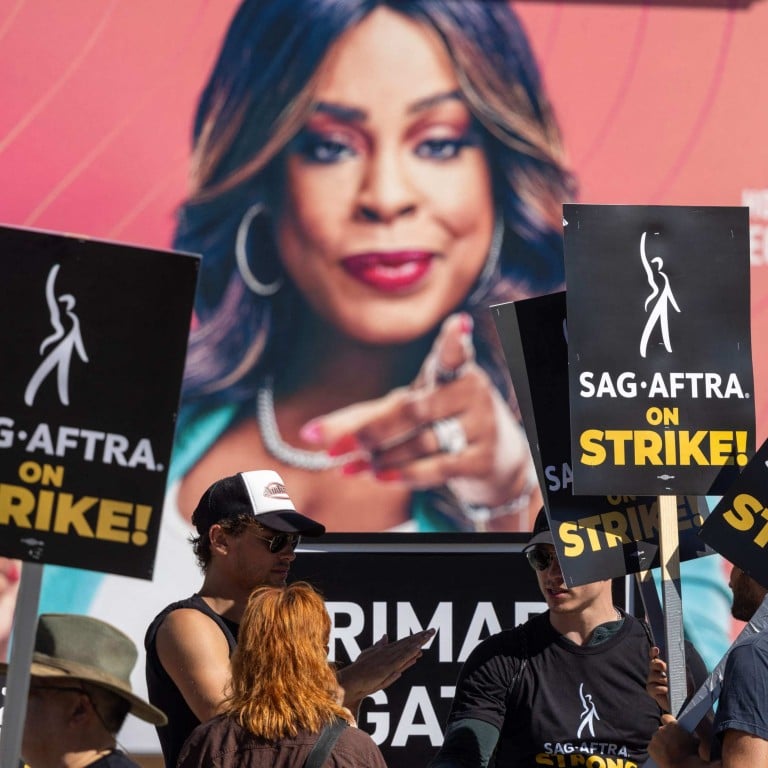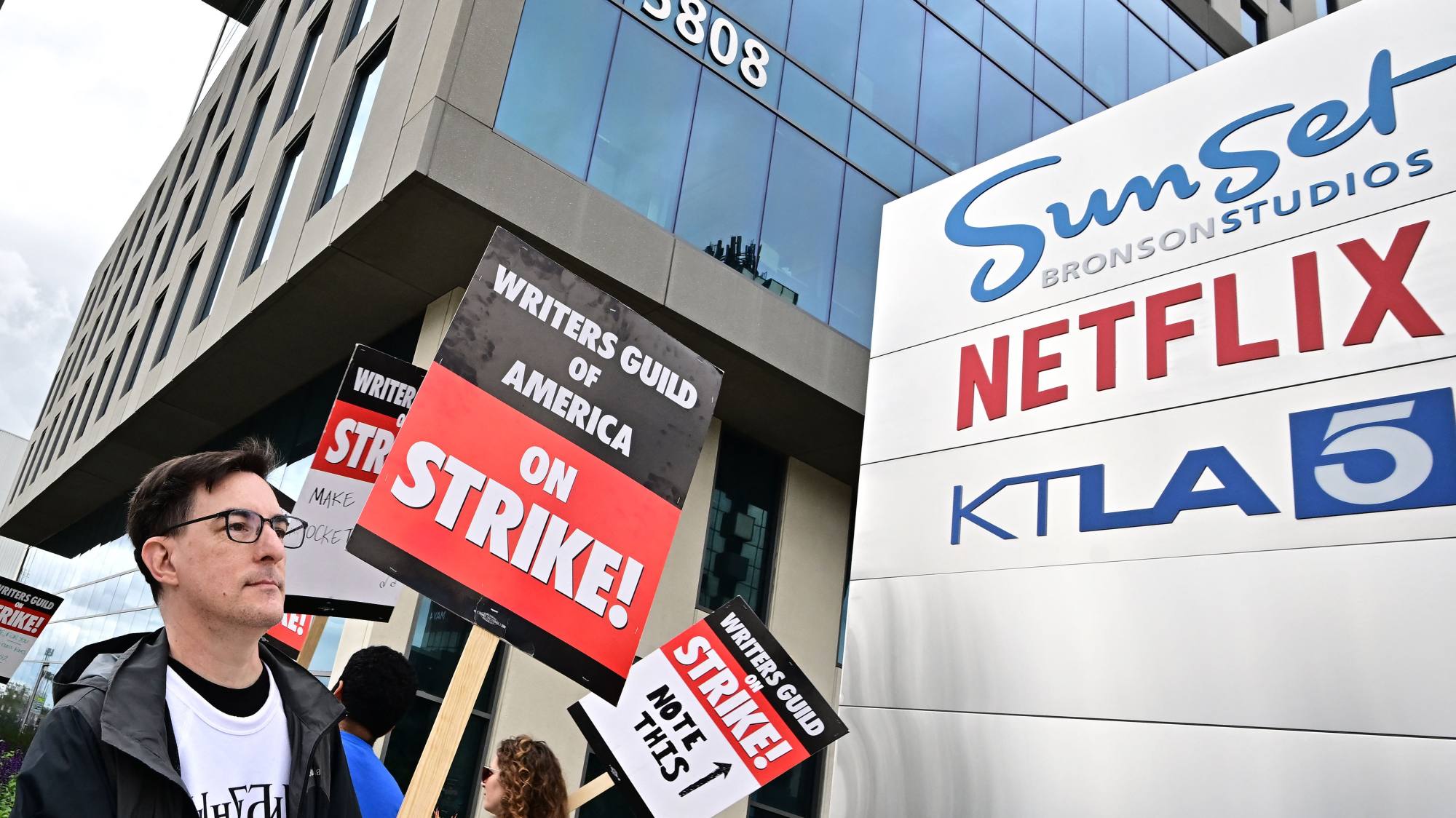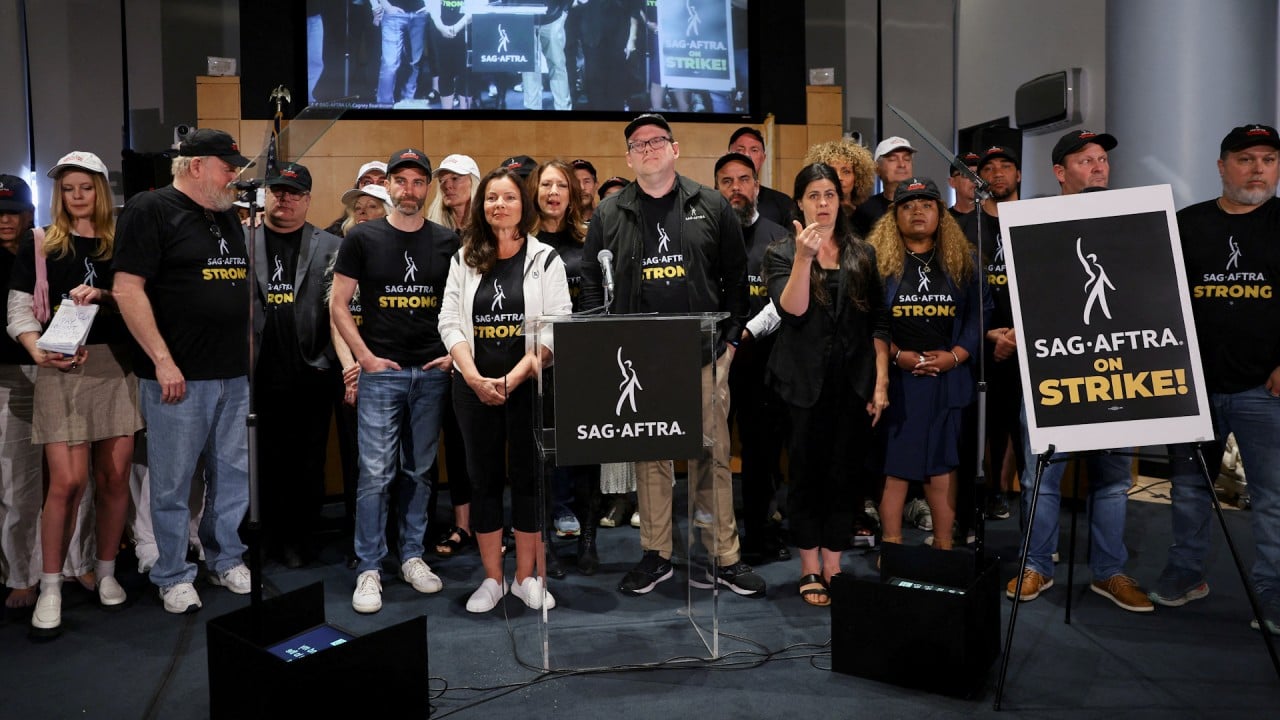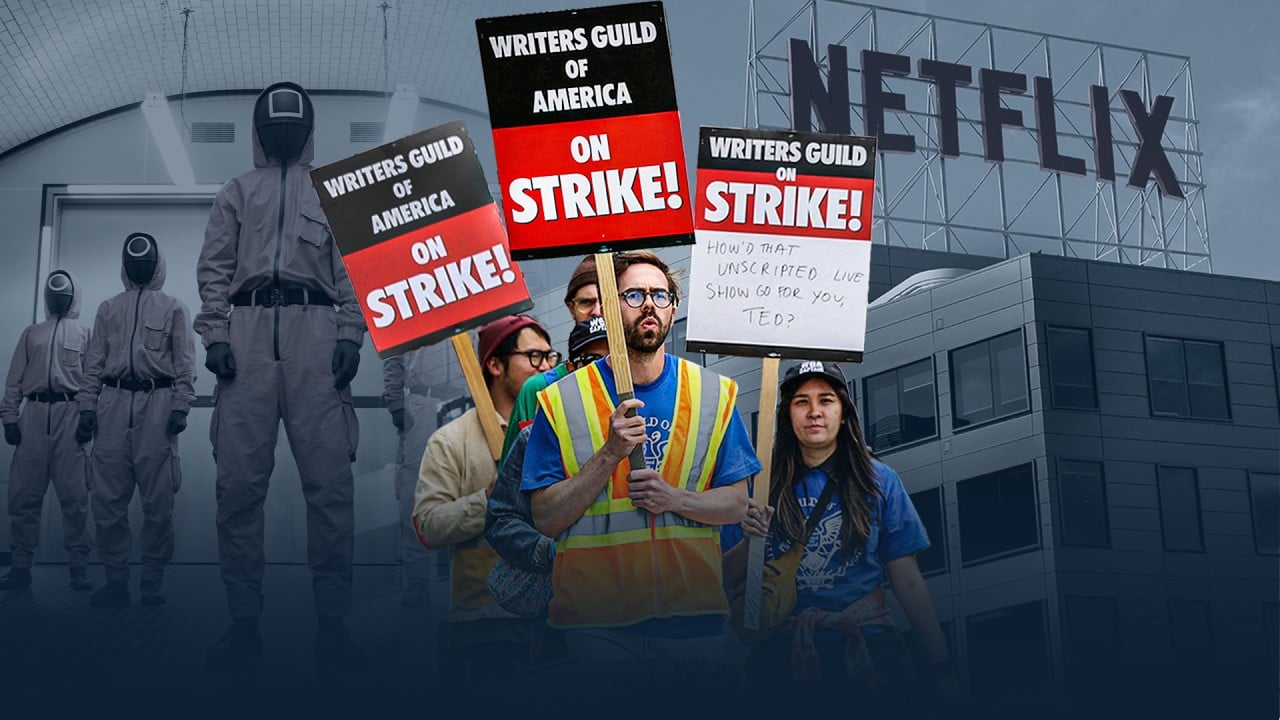
Why striking Hollywood writers and actors should read Karl Marx’s Communist Manifesto
- It would enable them to better understand that attacking the means of production – AI, in their case – does not help their cause
- They need to focus on the relations of production and the capitalists in control: the production companies
Although communism left a blood trail, no one understands industrial strikes better than Karl Marx. The Communist Manifesto can still lend a theoretical understanding to what Hollywood writers and actors are fighting for.

It’s understandable that writers and actors make these demands. Their employers, the television and film production companies, can make writing an entirely freelance and lower-paying profession. They can also bring back dead actors who obviously cost less than living ones. They just need to sort out the rights. And they have a global reservoir, both living and dead, to tap into.
But what the writers and actors are doing will not secure the future they want. We’ve seen it before.
Britain, birthplace of the Industrial Revolution, saw many similar strikes in the 19th century. For example, Luddites destroyed machinery in cotton and woollen mills, and Lancashire weavers protested against the power loom.
But nobody could prevent change from happening. Over the past 200 years, machines have increasingly replaced humans. Machinery, in the form of robots and computers, now has a prominent presence in industries because of its tremendous advantages over human workers.
Marx wrote in The Communist Manifesto nearly 200 years ago that workers could not restore their status by destroying machines. They were only attacking the means of production, not the relations of production. By that, Marx meant the social relationships that people build to survive, produce and reproduce their means of life. These strikes won some concessions from factory owners. But workers did not change the fact that capitalists controlled the means of production.
This is the lesson Hollywood writers and actors could learn. They are also attacking the means of production – in their case, AI. But attacking AI does not change the relations of production. The capitalists, production companies in this case, still have control. And, just like the factory owners before them, forced by the market, they have every incentive to continue to use AI to save their bottom line.
Competition has put pressure on bottom lines. One analyst told CNBC that, in the streaming space, only Netflix is cash-flow positive while other companies – Disney, Warner Bros and Discovery – are losing billions a year.
Writers and actors may win some temporary concessions. But, in the long run, they cannot reverse the trend. If they read The Communist Manifesto, they will know they don’t have a winning hand.
But this does not mean writers and actors should join the proletariat to overthrow capitalists in a revolution. Capitalism has its advantages and technology has boosted living standards.
Writers and actors could study what happened after the industrial strikes against the advent of machines. The entire manufacturing system has since adapted to include technology alongside human workers. The same should happen in the film and entertainment industries, as actors and writers become creators, working alongside AI.
April Zhang is the founder of MSL Master and the author of the Mandarin Express textbook series and the Chinese Reading and Writing textbook series



